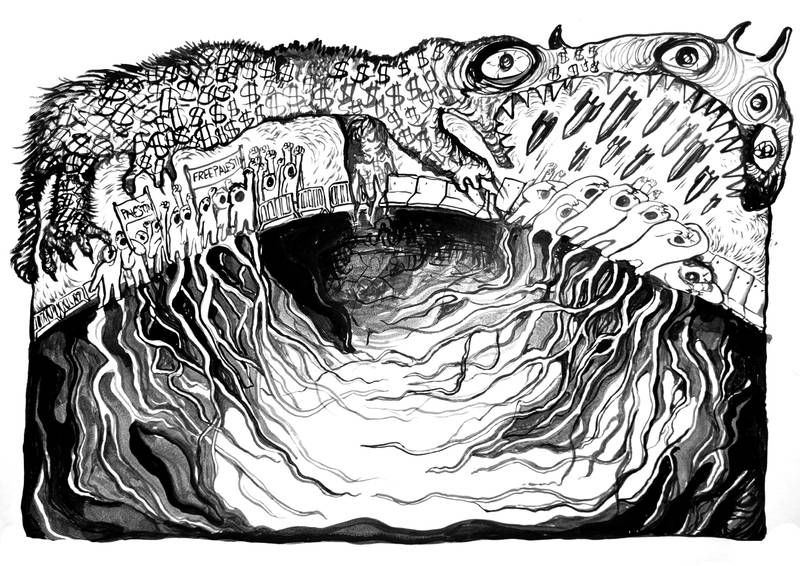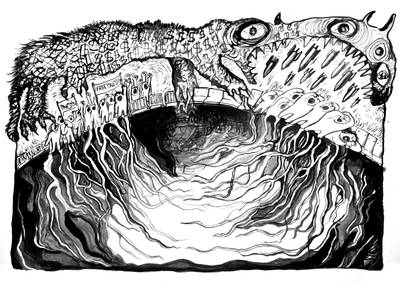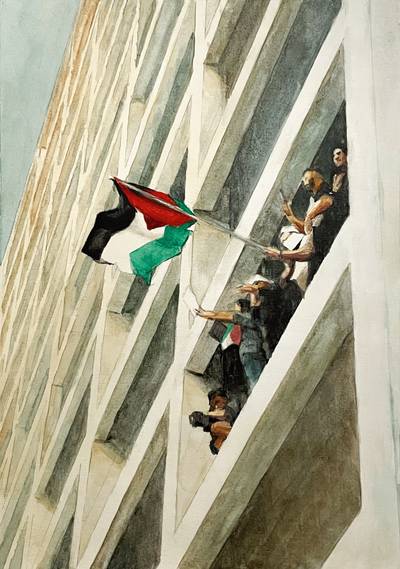

Heba Dbaa, a teacher from Gaza, gives an account of her experience living amid Israel’s unfolding genocide of Palestinians since October 7, 2023.
READMy Existence in My Homeland is Resistance
Heba Dbaa, a teacher from Gaza, gives an account of her experience living amid Israel’s unfolding genocide of Palestinians since October 7, 2023.
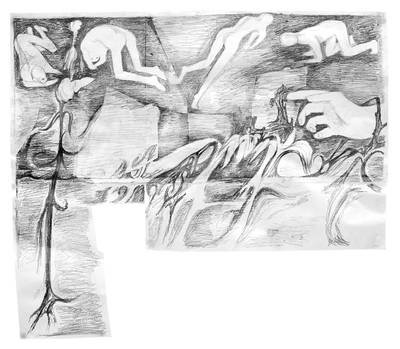

Is it problematic to mix friendships and professional connections, emphasising the benefits of helping friends since they will eventually feel obliged to help in return? How did such a neoliberal manipulative trick that openly instrumentalizes intimacy become acceptable? Is “friendly, warm hearted” corruption and favouritism legitimised? Am I abusing my position of power by preferring to work with friends? How does the professional environment change if a friendship ends abruptly and unpleasantly?
READAgainst Friendship: On the Dark Side of Professional Intimacies
Is it problematic to mix friendships and professional connections, emphasising the benefits of helping friends since they will eventually feel obliged to help in return? How did such a neoliberal manipulative trick that openly instrumentalizes intimacy become acceptable? Is “friendly, warm hearted” corruption and favouritism legitimised? Am I abusing my position of power by preferring to work with friends? How does the professional environment change if a friendship ends abruptly and unpleasantly?
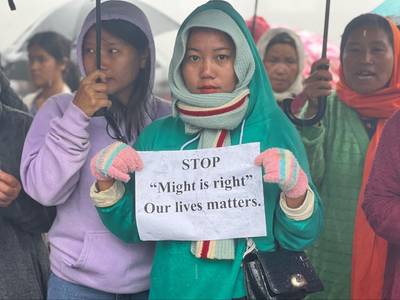

I’ve been reporting from Manipur since June 2023. From the very beginning, I could understand that though women were contributing as much as men in facing the brunt of the war, their roles never received enough acknowledgment nor were their views taken into account while making important decisions. As an outsider, I could see that women leaders had a much more pragmatic method and manner of dealing with most situations, yet they found no place on the leadership table. This, I was made to understand, stems from a society that is founded on a patriarchal structure, yet a visible reluctance of present-day male-dominated organizations to relinquish space to women during a crucial time as this continues.
READWhat it means to survive a war, with dignity
Women leaders of the Kuki-Zo community reflect on the hardships of a state supported war, and how they are rebuilding lives while negotiating denial of agency and leadership.


To me, Ikeda’s work represents a historic precipice, a zone beyond which artistic practice becomes increasingly processual and concentrated on its world-building, entangled within its own encoded data logic. Beyond this, any mode of output as exhibitable objects within exhibition spaces simply becomes representative of the work and not the work itself. The work then lies in the audience’s or participants’ willing entanglement within the intricate network of the artist’s densely populated research space.
READProcessual (re)presentations of ‘knowing’ without beginning(s) nor end(ings)
Can an artwork manifest itself through the audience’s or participants’ willing entanglement within the intricate network of an artist’s densely populated research space? Exploring process-based, or database-centred archival modes of knowing and commoning, through the Ryoji Ikeda exhibition at Amos Rex.
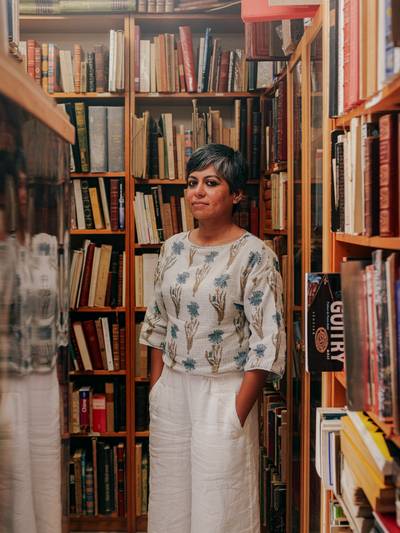

Challenging the notion of the singularity of meaning and traversing the zones of fidelity and accuracy of an image, Tanvi Mishra switched to image-making after pursuing an economics degree, realising that the issues that interested her in the social sciences, like policy-making and social justice, were more imaginatively possible through image-making. Our conversation follows her keynote titled Translational / Transnational : world-building beyond bordered identities for the Out of the Metropolis seminar Artists and Curators Working Together: How and With Whom? organised at The Finnish Museum of Photography in mid-February.
READDisrupting Rhetoric, Defining Tenor: An Interview with Tanvi Mishra
NO NIIN’s co-editor Vidha Saumya interviews curator, photo editor, writer and occasional educator Tanvi Mishra about the role of images, how photography speaks beyond temporal and spatial locations, and how a practice’s genealogy can be framed.
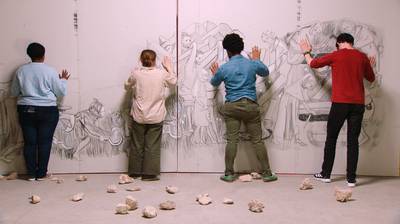

On social change, collective processes and radical pedagogy, with pandemics as a backdrop.
READThese Conditions (Are Only Worsening): An Interview with Adelita Husni-Bey
On social change, collective processes and radical pedagogy, with pandemics as a backdrop.
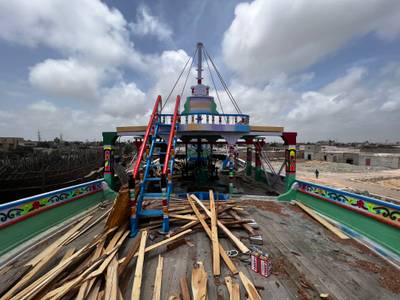

Through artistic research, Seascape of Imagination is an attempt to unravel the intricate ties between South Asian transnational craftmanship practice and the nuanced processes of decoration and labour, emphasising the boat engineering craftsmanship that survived colonial and nationalist modernity. A significant aspect of this project is challenging the prevailing modern distinctions between art and craft, especially when contextualising the act of painting as a decorative aspect of the shipbuilding done by members of the fishing community.
READSeascape of Imagination
‘Seascape of Imagination’ revisits the economic structures in Indian Ocean fishing ports and envisions a revitalised economic structure for Karachi’s Ibrahim Hyderi port, where imagination is intertwined with indigenous craftsmanship. The text here portrays an imaginative future—a fleeting yet delightful glimpse into a utopian future, a momentary paradise of tangible accessibility, a brief utopia, a brieftopia.
